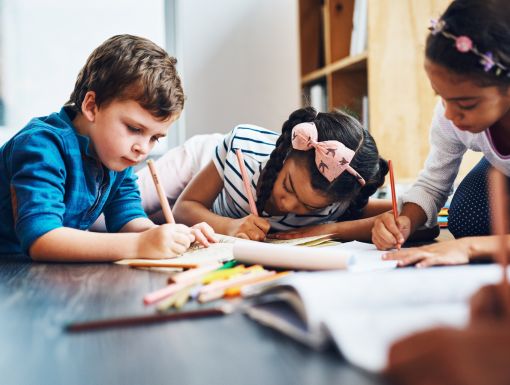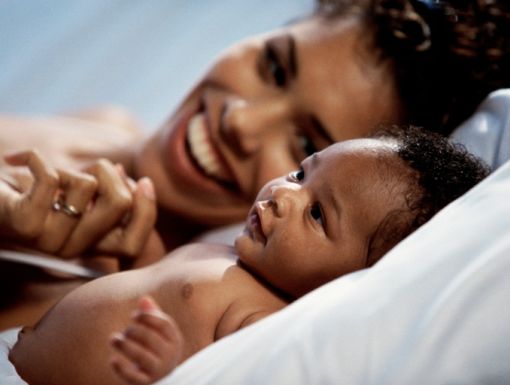
How Can I Help My Child with Their Anxiety?
As a parent, it’s hard to see your child suffering from anxiety. It’s natural for you to want to protect them and to solve all their problems. Although anxiety is a common experience for everyone daily, abnormally high levels of anxiety can affect an individual’s day-to-day function. For children with anxiety disorders, these problems can be identified in their social, personal, and classroom setting. For these children and adolescents, anxiety is preventing them from enjoying and fully participating in their daily activities.
Signs of an Anxious Child
Anxiety disorders are the most common psychiatric disorders in children. Interestingly, the signs of anxiety disorders are similar in both children and adults. However, children can be more irritable and easily distracted. Other signs of anxiety include:
- Perfectionism
- Constant need for reassurance
- Shyness and withdrawal
- Frequent complaints of headaches and/or stomachaches
- Habit behaviors, such as hair pulling or twirling
As with most mental illnesses, your child’s anxiety can be a result of many factors, including genetic makeup, learning from others, specific life events and transitions.
Ways to Help Them
There are plenty of highly effective treatment options available to help manage a child’s anxiety. The two most common treatment options are cognitive-behavioral therapy (CBT) and medication. Additionally, parents can play an essential role in a child’s anxiety. A parent’s attention is oftentimes the most powerful tool in a child’s journey.
It’s important for parents to maintain the same expectations as they would for any other child and to understand that their anxious child will move at a slower pace than others. Also, parents should not avoid triggers of their anxiety, but rather encourage independence and allow them to take reasonable risks. Parents can use their attention to reward brave behaviors, as well as remove their child’s attention from excessive anxious behaviors. When brave behaviors and coping skills are practiced and rewarded, children and teens can gain confidence in their abilities to manage their anxiety.
Learn more about Pediatric Care at Ochsner Children's.



